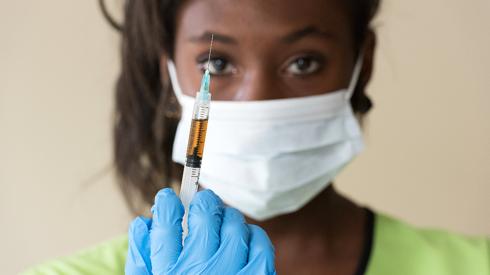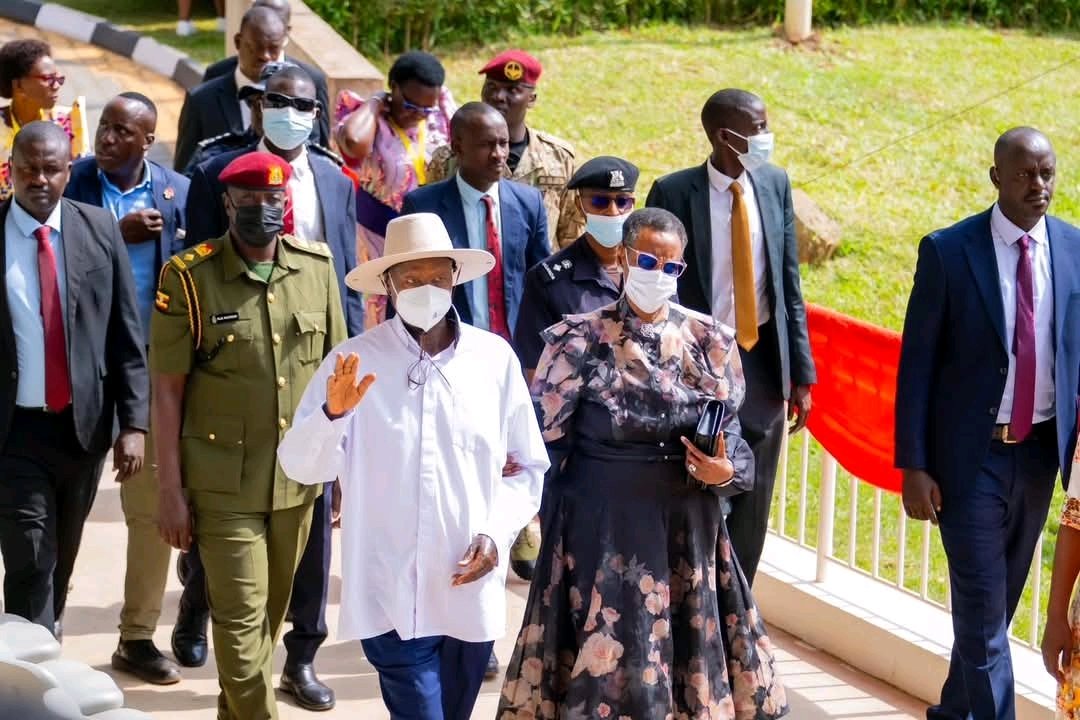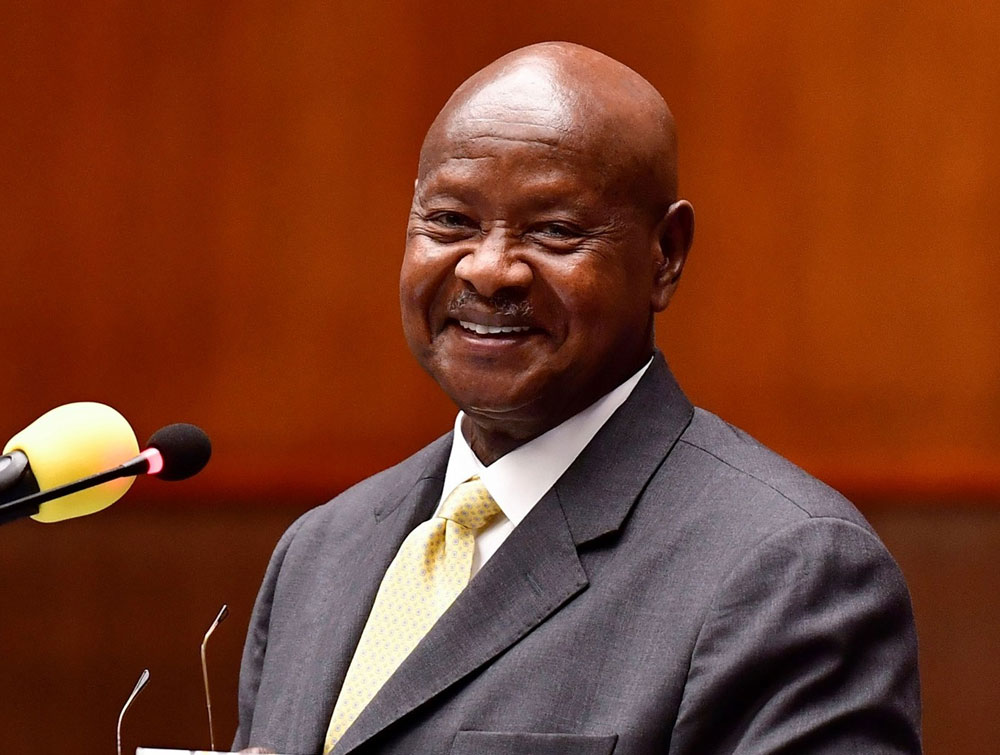The government made the wearing of facemasks compulsory as the country eases the lockdown measures put in place to contain the spread of coronavirus.
The Ministry of Health has given specifications of the facemasks to be bought by Ugandans to supplement those that will be provided by the government.
Health minister Jane Ruth Aceng warned Ugandans against buying facemasks that offer no protection against coronavirus.
“Make your facemask double layered with a pouch for a filter, which may be polypropylene, tissue or toilet paper. It should be wide enough to cover the nose, mouth and the chin. The loops should not be too tight for comfort,†Dr Aceng told journalists last week.
President Museveni said that both private and public vehicles would be allowed to return to the road as long as the occupants are putting on facemasks. He also said whereas government will distribute free masks to all Ugandans aged six years and above, others are free to buy their own facemasks.
Dr Aceng recommended that facemasks should preferably be made of cotton fabrics and have filters that they can wash or replace after use.
She said cotton fabric masks can be worn for about six months, which saves the daily cost of buying a mask.
“Masks on sale should be sealed in a transparent polythene to avoid contamination. Wash and iron fabric masks before use,†she said.
“Fabric masks can be re-used as they are washable. They can be used as long as the fabric is not worn out, develops holes or is so thin that light can be seen through it. When the above happens, dispose by burning or throwing in a pit-latrine,†the minister added.
Duration of wearing
Dr Julius Lutwama, a virologist at the Uganda Virus Research Institute, said one has to change their facemasks at least three times a day, especially those working from public places such as markets, since the mask lets in tiny particles due to moist from saliva.
Dr Aceng also called for proper storage of the facemasks to avoid contamination.
“Regard the outer part of your mask as contaminated. In case of need to remove the mask like for eating or drinking, it should be removed completely by holding the straps and folded with the inner side in and placed in a clean container such as an envelope. It may also be hanged on nails and hooks, among others, in such a way that it does not touch any surfaces,†she said.
According to the Centres for Disease Control, a double cloth mask has protection of 95 per cent if well used.
Shortage
Dr Aceng said there is a shortage of fabric masks, especially N95, and urged Ugandans to reserve them for health workers.
“Imagine if people bought all the medical masks from the pharmacies and we cannot find what to buy to support those treating Covid-19 patients! Use the non-medical masks and we save the other ones for the medics to do their work well,†she said.
On top of wearing the facemasks, the minister urged Ugandans to maintain social distancing and hand washing.
Wearing masks in Uganda is compulsory as per the Presidential Directive and the Statutory Instrument, S155 of 2020. Any person who does not wear a mask is to be denied entry into any public facility.
A person wearing a mask needs to stay two metres away from other people while in public because coronavirus can still go through the eyes and touching other surfaces.
Exceptions
However, there are a few exceptions where one may not wear a mask.
“Do not wear a mask when running, jogging or doing any other physical activities. It is not necessary to wear a mask when you are alone in your car but have it ready in case of another passenger or when you step out,†read in the guidelines issued by the Ministry of Health last week.
Additional Info from Daily Monitor

















